Curly-haired dogs are celebrated for their endearing and playful dispositions, capturing the hearts of pet owners everywhere. Yet, for individuals grappling with allergies, discovering a hypoallergenic dog breed becomes paramount. Thankfully, there's a silver lining as several curly-haired dog breeds not only charm with their cuteness and affection but also offer hypoallergenic qualities. Let's explore some of the Best Curly-Haired Dog Breeds, perfect for those seeking both curly companionship and allergy relief.
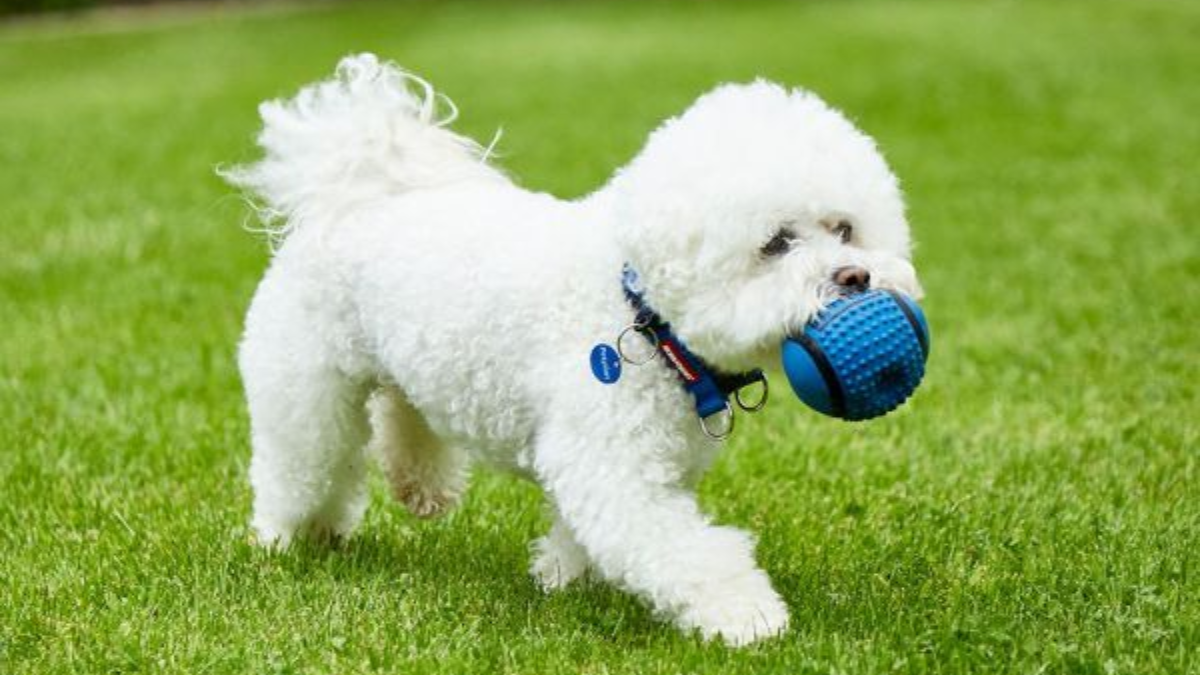
The Poodle is a favorite among curly-haired dog breeds, cherished for its hypoallergenic fur and diverse size options, ranging from toy to standard. While their curly coats need regular care, their smarts and trainability make them a hit with families. Another curly-haired darling, the Bichon Frise, boasts a fluffy white coat that's as soft as it is curly. These little pups are adored for their playful and loving nature, making them perfect companions, especially for families with kids.
Explore other curly-haired dog breeds like the Portuguese Water Dog, the Lagotto Romagnolo, and the Irish Water Spaniel for hypoallergenic choices. Each breed has its unique charm, catering to different family needs. Whether you fancy a small or large pup or an active or easygoing buddy, rest assured, there's a curly-haired, hypoallergenic breed perfect for your family.
Understanding Hypoallergenic Dog Breeds
Allergies can put a damper on the joy of having a furry friend, but hypoallergenic dog breeds are gaining popularity among pet owners facing this challenge. These special breeds produce less dander and shed less, providing relief to those allergic to dogs. Let's take a closer look at what makes a dog hypoallergenic and how selecting the right breed can help alleviate allergy symptoms.
What Makes a Dog Hypoallergenic?
The term "hypoallergenic" refers to a dog breed that is less likely to cause an allergic reaction in humans. This is because these breeds produce less dander, which is the dead skin cells that dogs shed. Dander can be a major allergen for people with allergies, so choosing a dog breed that produces less of it can help reduce allergic reactions.
Hypoallergenic dog breeds also tend to shed less hair, which can further reduce the amount of allergens in the air. However, it's important to note that no dog breed is completely hypoallergenic, and some people may still have allergic reactions to certain breeds.

Managing Allergies with the Right Breed
If you suffer from allergies but still want to own a dog, choosing the right breed can make all the difference. Some hypoallergenic dog breeds that are known for producing less dander and shedding less hair include:
- Poodle
- Bichon Frise
- Maltese
- Shih Tzu
- Yorkshire Terrier
It's important to note that even hypoallergenic dog breeds can still produce some dander and hair, so it's important to take steps to manage allergies. This can include regularly grooming your dog to reduce shedding, keeping your home clean and free of allergens, and taking allergy medication as needed.
In conclusion, understanding hypoallergenic dog breeds and how to manage allergies can help make pet ownership possible for those who suffer from allergies. By choosing the right breed and taking steps to manage allergies, pet owners can enjoy the companionship of a furry friend without the discomfort of allergic reactions.
Popular Curly-Haired Dog Breeds
Curly-haired dog breeds are not only adorable but also hypoallergenic, making them a great choice for those with allergies. Here are some of the most popular curly-haired dog breeds:
Poodles and Their Hypoallergenic Qualities
Poodles are one of the most popular curly-haired dog breeds. They come in various sizes, including toy, miniature, and standard. Poodles are known for their hypoallergenic qualities, making them a great choice for those with allergies. They are also highly intelligent and trainable, making them a great choice for families.
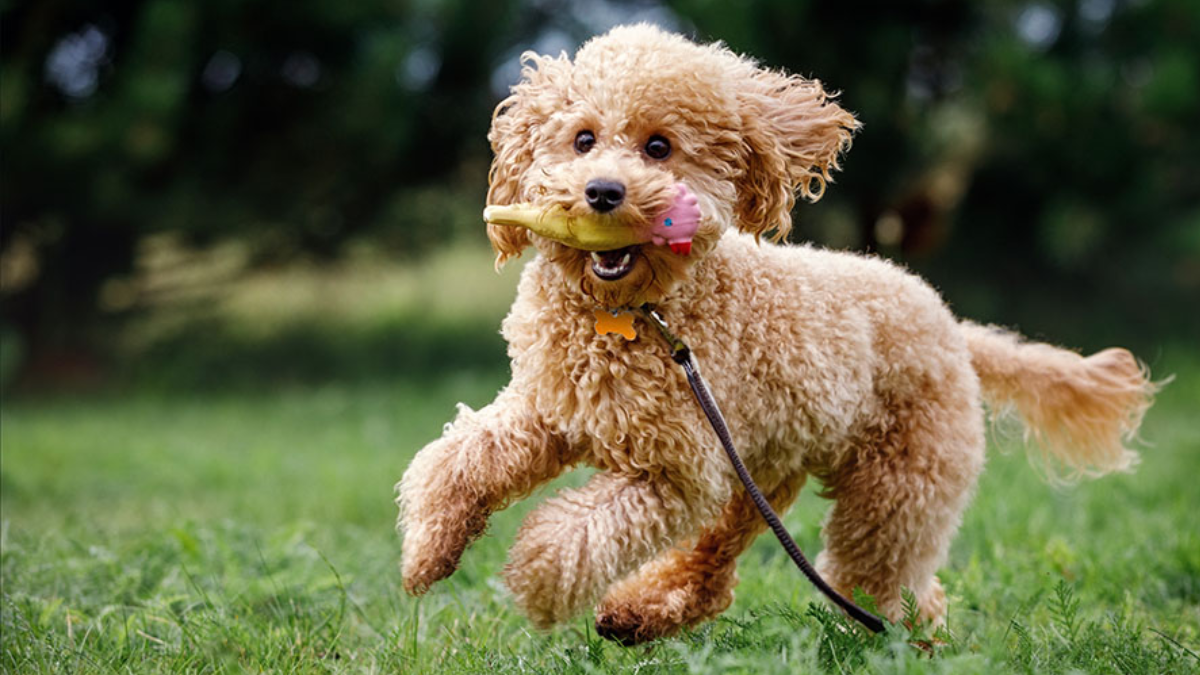
Bichon Frise: The Playful Companion
Bichon Frise is another popular curly-haired dog breed. They are small in size and known for their playful and affectionate nature. Bichon Frise dogs are also hypoallergenic, making them a great choice for those with allergies. They are great with children and make excellent companions.
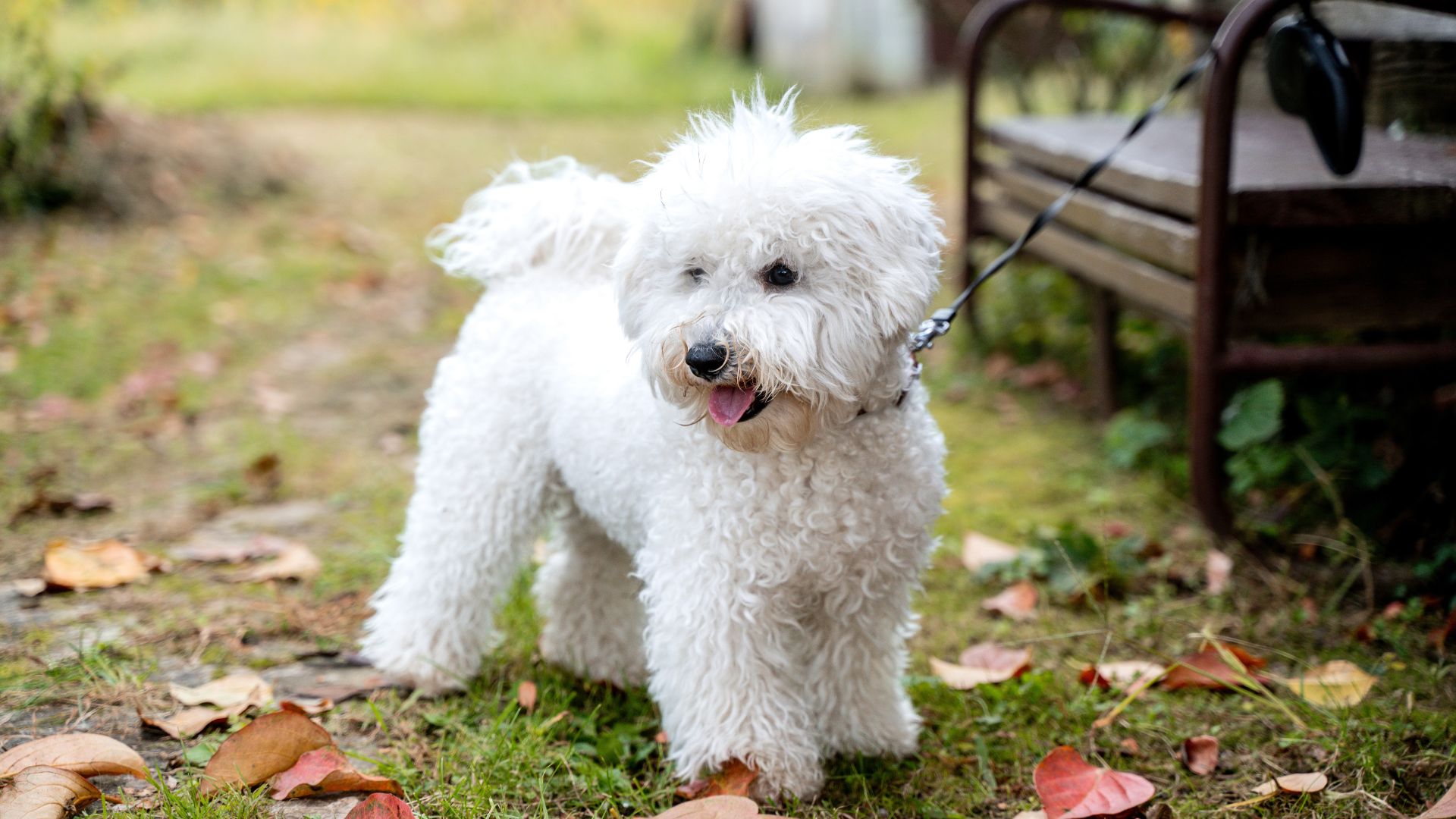
Portuguese and Spanish Water Dogs
Portuguese and Spanish Water Dogs are medium-sized curly-haired dog breeds. They are highly intelligent and trainable, making them great for families. These breeds are also hypoallergenic, making them a great choice for those with allergies. They are known for their swimming abilities and were originally bred to help fishermen.
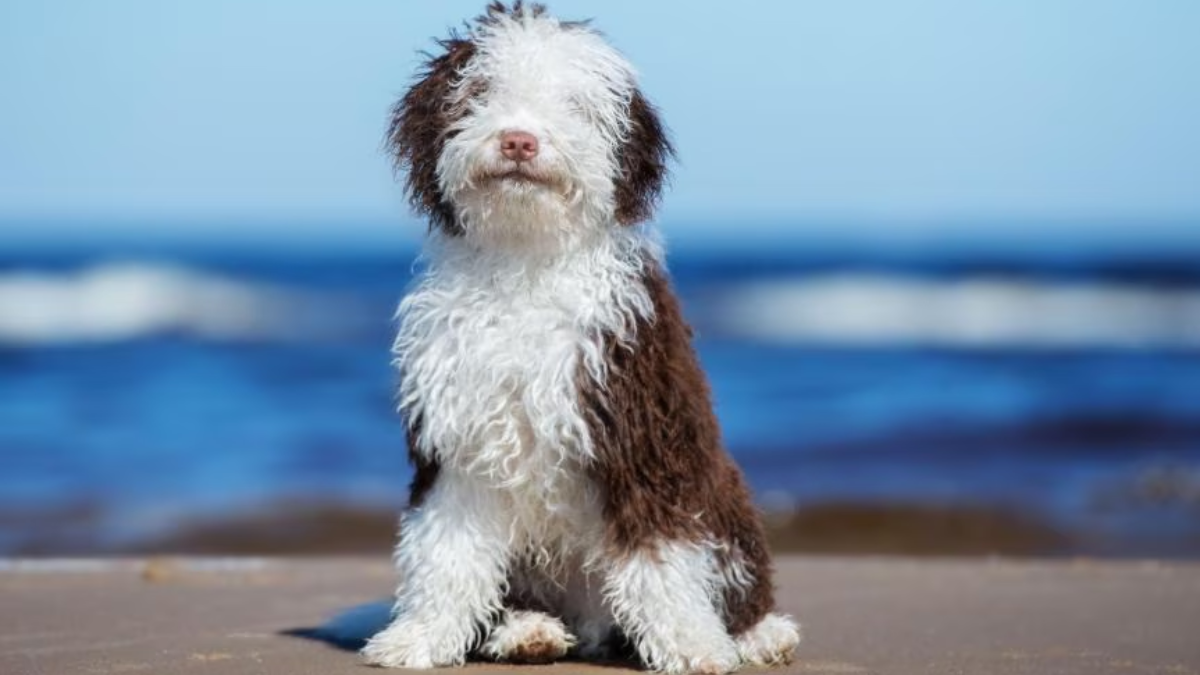
Distinctive Coats: Bedlington Terrier and Irish Water Spaniel
Bedlington Terrier and Irish Water Spaniel are two curly-haired dog breeds with distinctive coats. Bedlington Terriers have a lamb-like appearance, while Irish Water Spaniels have a curly coat with a topknot. Both breeds are hypoallergenic and highly intelligent. Bedlington Terriers are known for their calm and gentle nature, while Irish Water Spaniels are known for their athleticism and love for water.
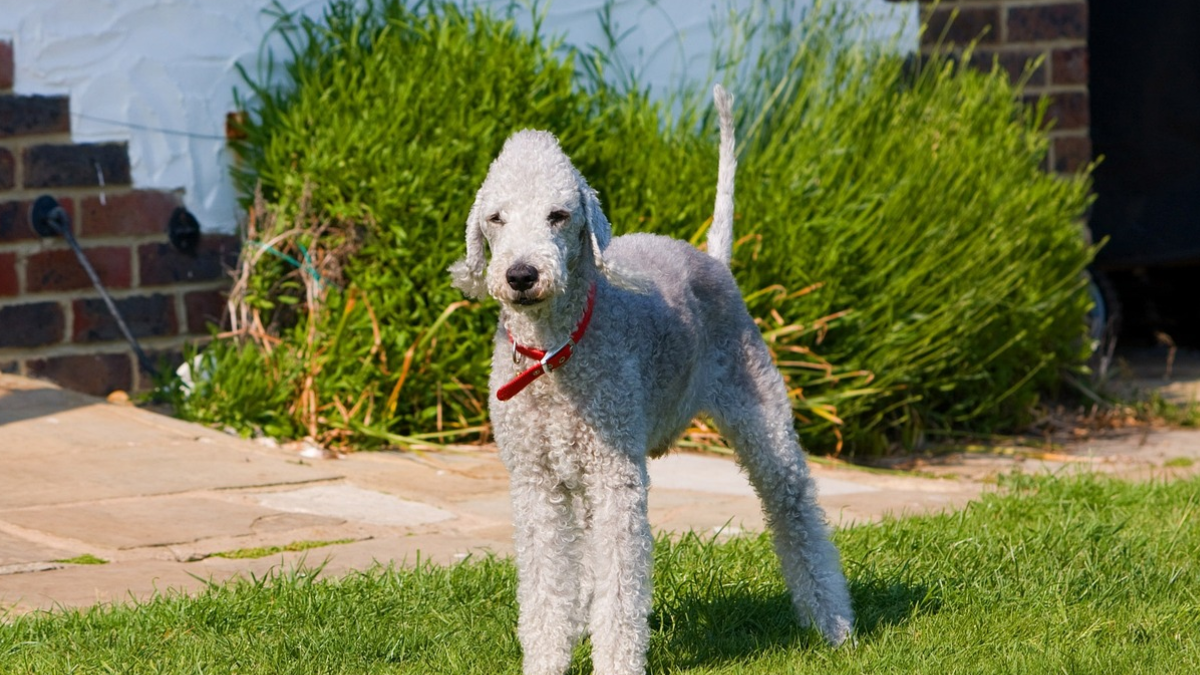
In conclusion, if you're looking for a hypoallergenic and adorable dog, curly-haired dog breeds are a great choice. Poodles, Bichon Frise, Portuguese and Spanish Water Dogs, Bedlington Terriers, and Irish Water Spaniels are some of the most popular curly-haired dog breeds that are great for families.
Grooming and Care for Curly-Coated Breeds
Curly-haired dog breeds are not only adorable but also hypoallergenic, making them perfect for families with allergies. However, their curly coats require regular grooming and care to keep them looking their best and prevent matting. Here are some tips on how to groom and care for your curly-coated furry friend.
Regular Grooming Needs
Curly-coated breeds require regular grooming to keep their coats clean and tangle-free. Brushing their coats at least once a week is essential to prevent matting and remove any debris or dirt that may have accumulated. A slicker brush or a comb with wide-set teeth is ideal for curly coats as it can reach deep into the fur and remove any tangles.
Bathing your curly-coated dog once every three months is recommended to keep their coats clean and healthy. Use a mild dog shampoo and conditioner to avoid drying out their skin. It is also essential to dry their coats thoroughly after a bath to prevent matting.
Trimming their coats every six to eight weeks is also necessary to maintain their curly coats' shape and prevent matting. Professional grooming services can help keep your dog's coat looking its best.
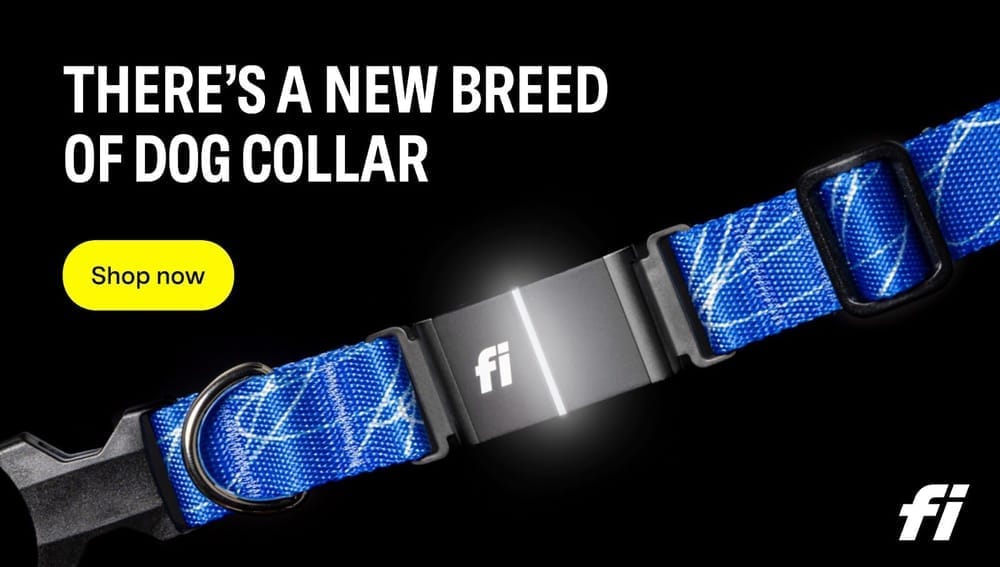
Preventing Matting in Curly Coats
Curly coats are prone to matting, which can be painful and uncomfortable for your furry friend. Preventing matting requires regular grooming and care.
Regular brushing and combing can help prevent matting by removing any tangles before they become too tight. It is also essential to trim any areas that are prone to matting, such as around the ears, paws, and tail.
Avoiding excessive rubbing or pulling off their coats can also help prevent matting. Use a detangler spray or conditioner to make it easier to brush out any tangles.
In conclusion, grooming and care are essential for maintaining your curly-coated dog's health and appearance. Regular brushing, bathing, and trimming can help prevent matting and keep their coats looking their best.
The Role of Genetics in Curly Coats
Curly-haired dogs are popular for their adorable appearance and hypoallergenic qualities. But have you ever wondered how genetics play a role in their curly coats? Let's take a closer look.
KRT71 Gene and Curly Hair
The KRT71 gene is responsible for producing a protein called keratin, which makes up the hair shaft. A mutation in this gene can cause alterations in the shape and texture of the hair, resulting in curly hair in dogs.
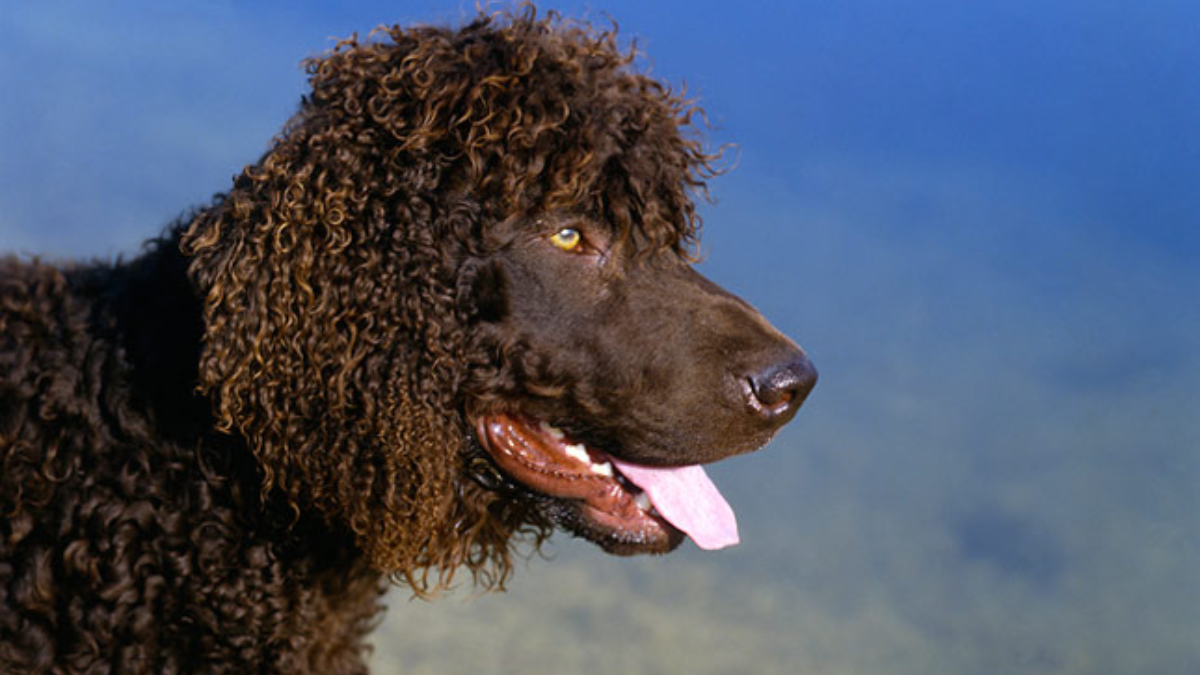
Studies have shown that the KRT71 gene mutation is common in breeds such as Poodles, Bichon Frises, and Portuguese Water Dogs, which are known for their curly coats. However, not all curly-haired dogs have this specific mutation, indicating that there may be other genes involved in curly hair development.
It's important to note that genetics is not the only factor that determines a dog's coat type. Environmental factors such as nutrition, grooming, and overall health can also play a role in the appearance of a dog's coat.
In conclusion, the KRT71 gene mutation is a significant contributor to curly hair development in dogs. Understanding the role of genetics in coat type can help breeders and owners make informed decisions about their furry friend's health and appearance.
Choosing the Right Curly-Haired Breed for Your Lifestyle
When it comes to choosing a curly-haired dog breed, there are a few things to consider to ensure that the dog you choose is the right fit for your lifestyle. Here are some factors to keep in mind:
Family-Friendly and Affectionate Breeds
If you have a family with children or are looking for a companion who will be affectionate and loving, several curly-haired breeds fit the bill. The Bichon Frise, for example, is a small and friendly breed that loves to play and cuddle. The Poodle is also a great option, as they are intelligent and easy to train, making them great family pets. Another option is the Soft Coated Wheaten Terrier, which is known for its friendly and affectionate personality.
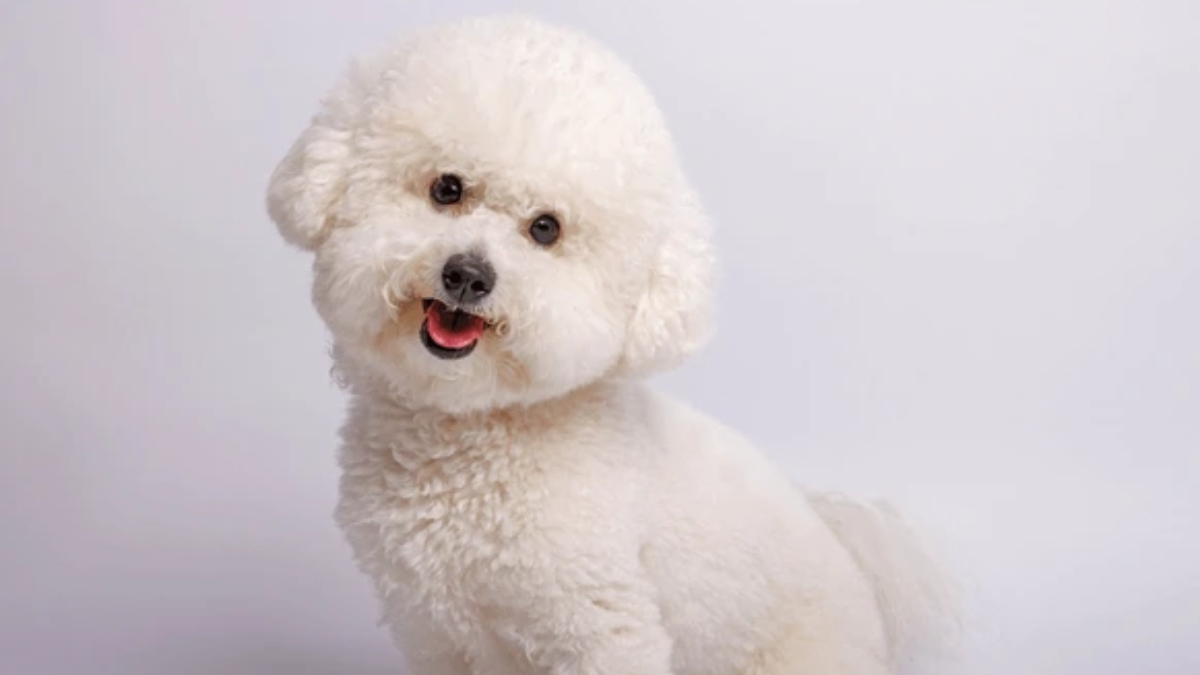
Active Breeds for Outdoor Enthusiasts
If you lead an active lifestyle and are looking for a dog that can keep up with you, several curly-haired breeds are up for the challenge. The Portuguese Water Dog is a great option, as they were originally bred to assist fishermen and are known for their love of water. The Irish Water Spaniel is another great choice for those who love the outdoors, as they are energetic and love to swim. The Curly-Coated Retriever is also a good option for those who enjoy outdoor activities, as they are athletic and love to play.
When choosing a curly-haired dog breed, it's important to consider your lifestyle and the needs of the breed. By doing so, you can ensure that you find a companion that will be a perfect fit for you and your family.
Conclusion:
In conclusion, when it comes to selecting the perfect canine companion, the Best Curly-Haired Dog Breeds stand out for their unique charm and delightful personalities. From the playful Poodle to the loyal Labradoodle, these breeds bring joy and warmth to any home.
Their curly coats not only add to their appeal but also make them hypoallergenic options for allergy sufferers. Whether you're seeking a loyal friend for outdoor adventures or a cuddly companion for cozy nights in, these curly-haired breeds are sure to steal your heart.




